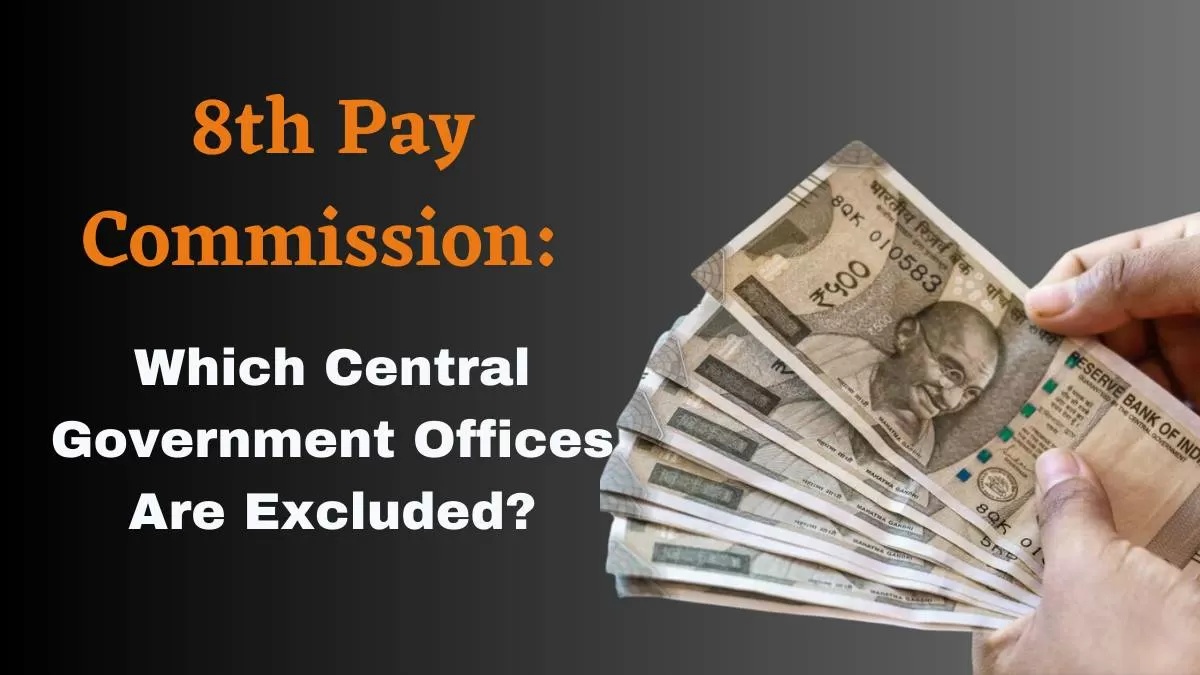
Union Cabinet Approves Formation of 8th Pay Commission
The Union Cabinet has sanctioned the creation of the 8th Pay Commission, a pivotal initiative aimed at modernizing salary scales and pension benefits for central government employees. This decision, announced by Union Minister Ashwini Vaishnaw, follows a Cabinet meeting chaired by Prime Minister Narendra Modi. The commission will address long-standing demands for equitable compensation adjustments, ensuring alignment with current economic realities. The move underscores the government’s commitment to improving the welfare of over 49 lakh central government employees and nearly 65 lakh pensioners. By revisiting pay structures and pension frameworks, the commission seeks to bridge gaps left by the 7th Pay Commission, which concluded its tenure in 2026 after being established in 2016.
Scope and Objectives of the Pay Commission
The 8th Pay Commission will operate under a set of Terms of Reference (ToR) designed to evaluate existing salary structures and propose revisions. Its primary focus will be on recalibrating wage scales, pension payments, and allowances to reflect contemporary cost-of-living indices. The commission’s mandate also includes assessing the financial feasibility of proposed changes, ensuring minimal strain on the exchequer. While the exact composition of the commission, including its chairman and members, remains undisclosed, preliminary discussions indicate collaboration with state governments and stakeholders. This inclusive approach aims to address regional disparities and ensure the recommendations are universally applicable. The commission’s work will be critical in maintaining the purchasing power of central government employees and pensioners amid inflationary pressures.
Eligibility and Exclusions Under the Commission
The 8th Pay Commission will cover all civil servants in the central government whose salaries are drawn from the consolidated fund of India. This includes a wide range of roles, from administrative officers to technical personnel. However, certain categories remain outside its purview, such as employees of autonomous bodies, public sector undertakings (PSUs), and gramin dak sevaks. These groups are governed by separate mechanisms, with PSUs often adopting project-specific wage structures. The exclusion of these entities highlights the complexity of harmonizing pay scales across diverse sectors while ensuring fiscal responsibility. The commission’s focus on central government employees will provide clarity on future salary adjustments, though the broader implications for state-level workers remain to be seen.
Legacy of the 7th Pay Commission and Salary Revisions
The 7th Pay Commission, established in 2016, marked a significant shift in salary reforms, increasing the minimum basic pay from ₹7,000 to ₹18,000 per month. It also raised the minimum pension from ₹3,500 to ₹9,000, with the maximum pension capped at ₹1,25,000. These changes, while welcomed by many, fell short of union demands, which had sought a higher fitment factor of 3.68. The government’s choice of a 2.57 multiplier resulted in a more moderate adjustment, balancing employee aspirations with fiscal constraints. The 8th Pay Commission will now face the challenge of addressing the gaps left by these revisions, particularly in light of rising living costs and inflation. Its recommendations could set a new benchmark for public sector wages and pensions in the coming years.
Anticipated Impact and Next Steps
The establishment of the 8th Pay Commission signals a renewed focus on equitable compensation for central government employees. While the exact timelines and details of the commission’s work remain under deliberation, the government has emphasized transparency and stakeholder engagement. The final recommendations, expected to be submitted within a specified timeframe, will undergo rigorous scrutiny before implementation. This process will involve consultations with various departments, state governments, and employee unions to ensure a balanced approach. The commission’s success will depend on its ability to address both immediate financial concerns and long-term sustainability. As the nation awaits further updates, the 8th Pay Commission stands as a critical step in redefining the financial landscape for central government employees and pensioners.




